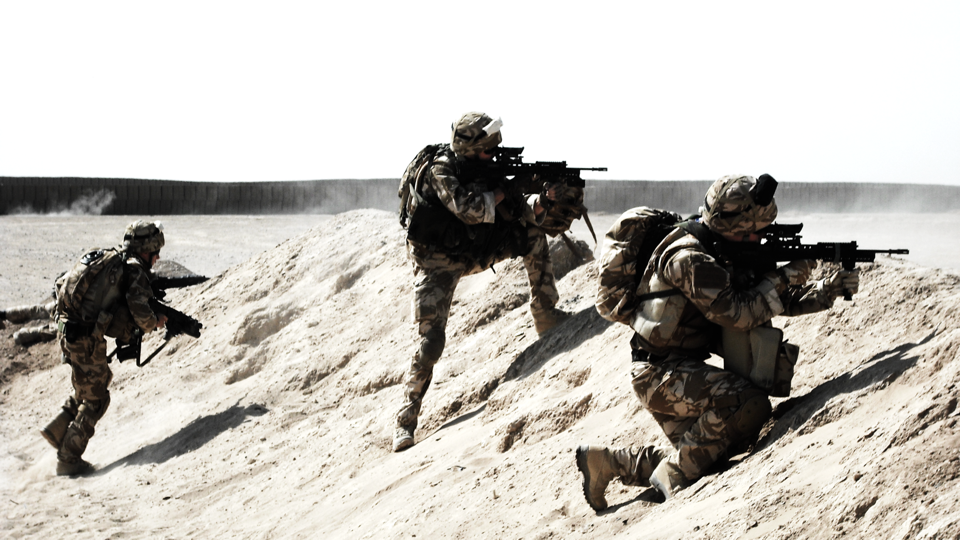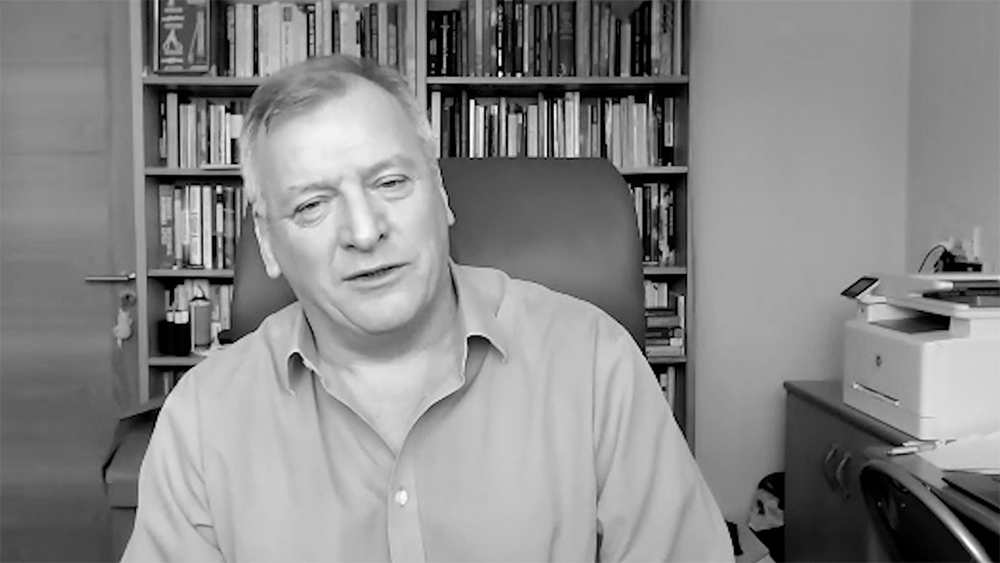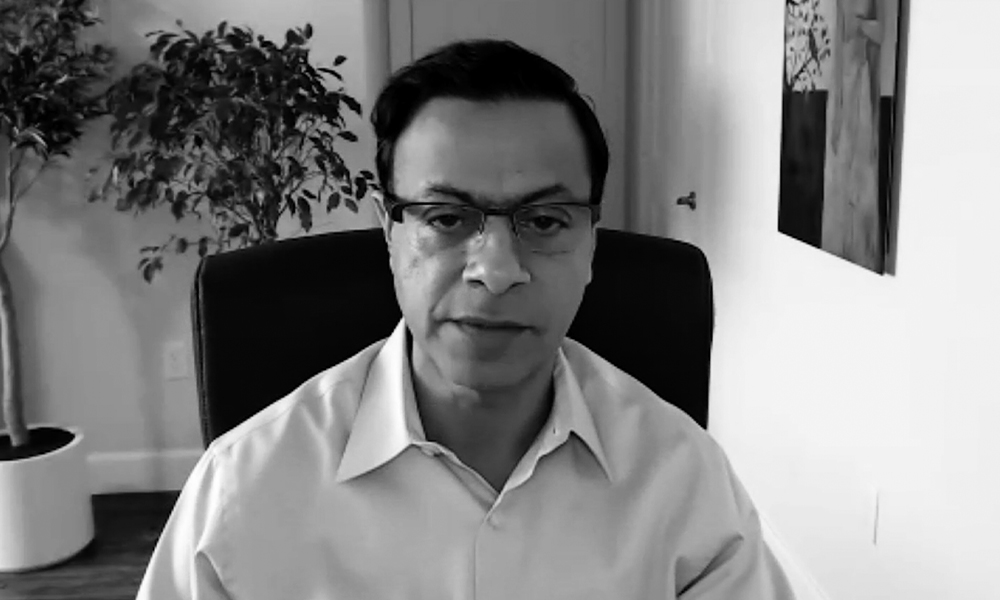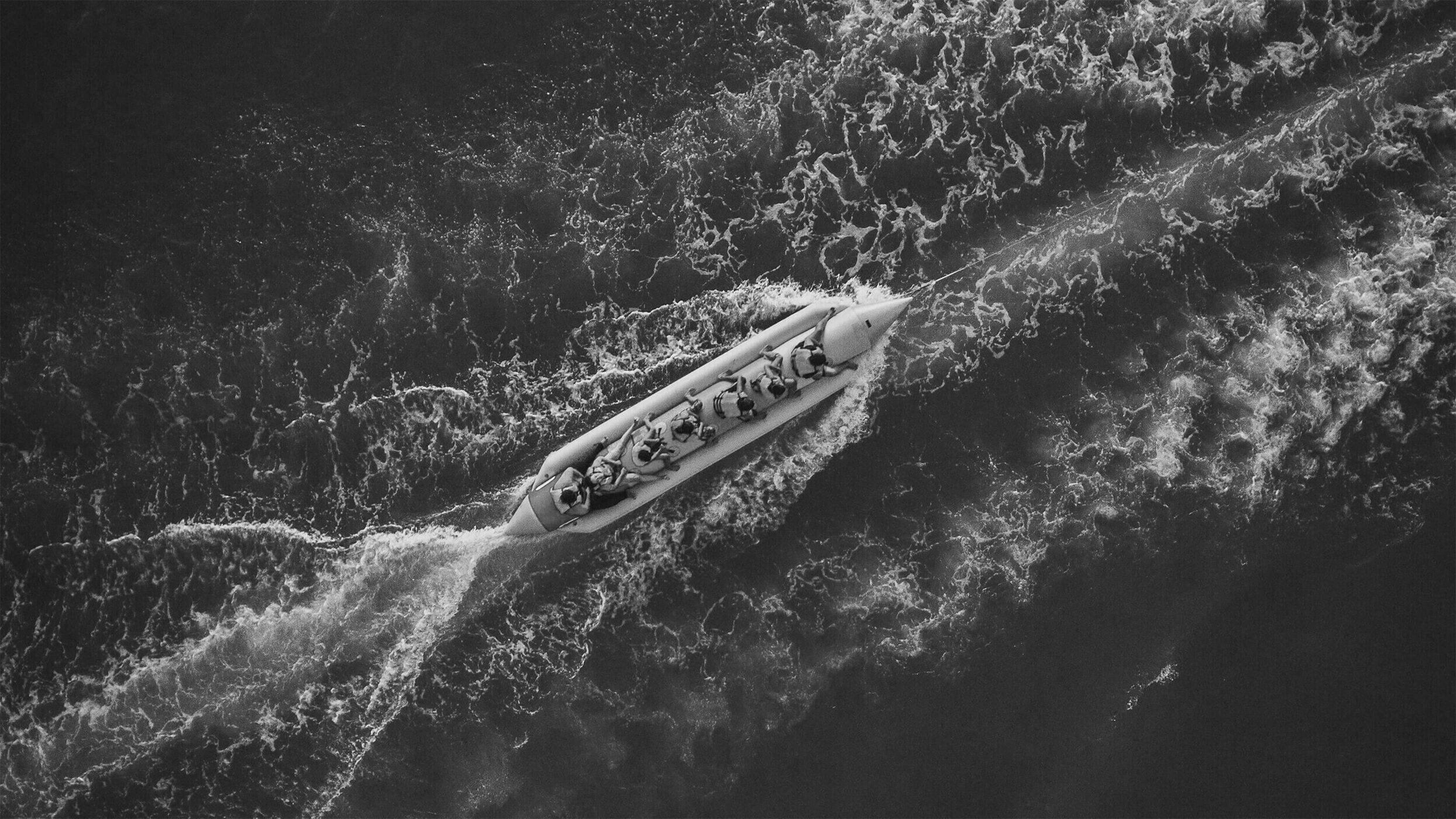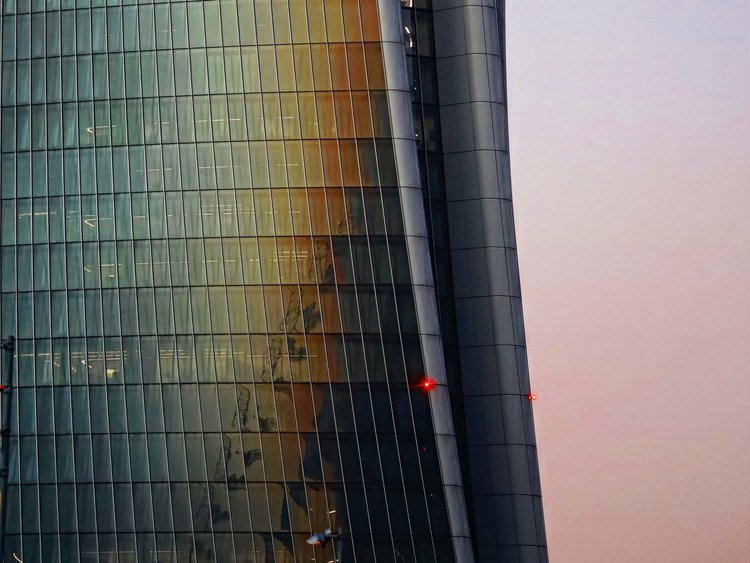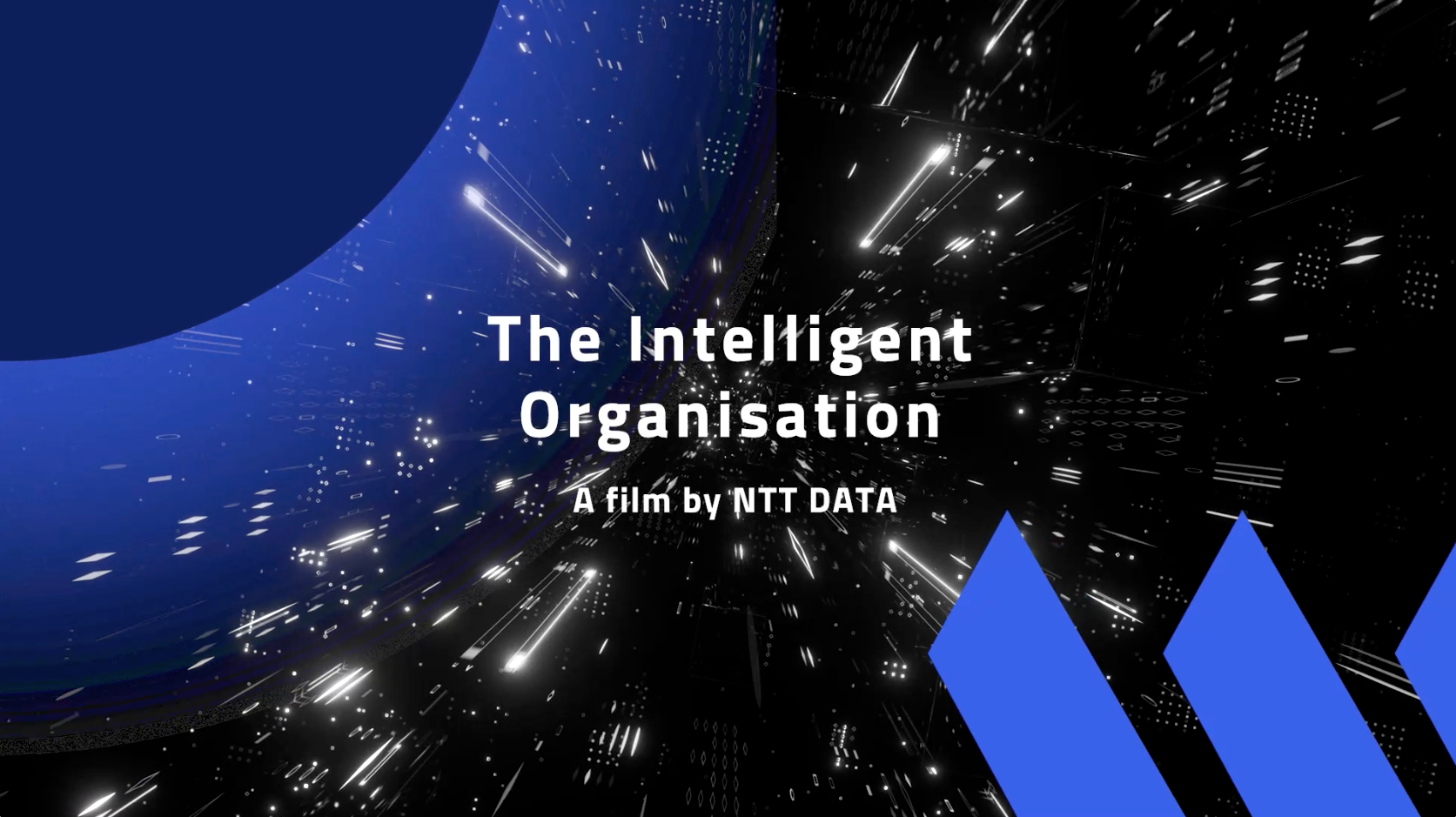As I looked into the cloudless Afghan sky, I saw the thin white vapour trails of the two French Airforce Dassault Mirage fighter jets. I knew I had about a minute and a half before the airstrike and was anxiously confirming the location of the enemy with the pilots. More importantly, I was also trying to ensure that the Marines I was commanding were a safe distance from the impact zone. Because of the intermittent radio communications, the thick vegetation of the now infamous ‘green zone’ and the fact we were engaged in an ongoing firefight with insurgent forces, I could neither control nor know with any certainty where all my Marines were. To ensure their safety, all I could do was let them know where and when the strike was going to be and to impose a limit on how close they were allowed to be to it. The rest of it was down to them.
The dust and noise of combat can seem a long way from the glass panelled offices and whiteboards of the corporate world, but there are some striking similarities in the challenges faced by both combat leaders and business leaders. As businesses face the realities of a world irreversibly changed – both economically and socially – by the impacts of Covid-19, it is perhaps a pertinent time to revisit the trope that business leaders are the generals in command of their armies.
As things become uncertain, the natural instinct as a leader is to grip ever tighter, to rein in others and try to retain control of the things within their grasp. They need to do the opposite.
The key to leading teams amidst uncertainty is mutual trust
As with my Marines in Helmand, when faced with fast-changing and complex situations, business leaders must trust their employees to act without constant oversight and direction. As things become uncertain, the natural instinct as a leader is to grip ever tighter, to rein in others and try to retain control of the things within their grasp. They need to do the opposite. Good leaders will focus on empowering their employees to make informed decisions, delegating authority (whilst retaining responsibility), increasing communication flows and forming high-performing teams that work well together and depend on each other to overcome challenges. Of course, this is an easy thing to say and yet extremely difficult thing to do in practice. To build trust in a team and for them to build trust in you, takes time.
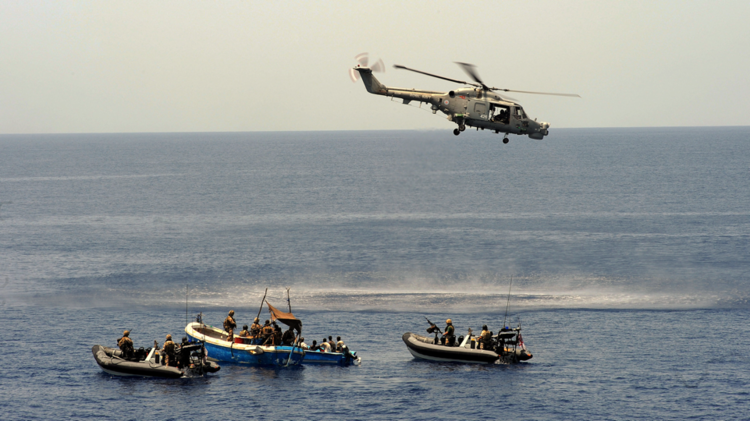
Part of the process of building trust comes from cultivating a corporate culture that is honest, one which acknowledges the possibility that things may go wrong, mistakes will be made, and – by the very nature of complex situations – that not every decision will lead to the desired outcome. In other words, businesses need to prepare to accept more risk and become more resilient as things don’t go to plan.
Of course, this is not an advocation of leaders taking a ‘hands-off’ approach, spending more time on the golf course or focusing on strategy at the expense of operations management. In the words of the great military philosopher Sun Tzu: “Strategy without tactics is the slowest route to victory. Tactics without strategy is the noise before defeat.”
It is the job of a leader to not only create the conditions for resilient and agile tactical operations, but also to align them to the overall strategic goals. Whilst leaders must give their subordinates delegated authority to make decisions and the skills to adapt to changing circumstances, they must also ensure that people across the organisation work harmoniously toward clearly stated goals, and within the parameters of clearly defined ethical, legal and fiscal boundaries.
Change is more palatable when you own it
In times where there is no external certainty, it is vital to find structure in the organisation – to build a sense of collective resilience in the face of mounting challenges. In effect, to make the act of adapting to the situation routine. Transformation projects used to be particular events; now change is an everyday part of life, so businesses and their leaders constantly need to adapt just to survive, let alone succeed.
A crucial component to it is in emboldening individuals to own the change. This requires building mental resilience in the team. To do this, leaders must engender a culture that prides itself on its ability to adapt and problem-solve. This is why The Royal Marines recruiting slogan is ‘It’s a state of mind.’ At first glance this perhaps seems a bit odd. An organisation whose role and selection process seems to be all about overcoming immense physical challenges has a slogan that focuses on mental strength. But of course, the reality is that facing the uncertainty of combat operations takes a far greater psychological toll than any of the physical challenges of war.
In times where there is no external certainty, it is vital to find structure in the organisation.
Maintaining both good communication and a sense of humor is vital. Understanding the reasoning of senior decision makers and working in a relaxed and fun environment takes the sting out of painful and disruptive change programmes. This is why soldiers still routinely manage to find humour in the darkest of circumstances. Above all, effective leaders need to be present, providing reassurance, guidance and facilitating communication. People tend to embrace being treated like a professional and not being micro-managed, but they also resent being abandoned or ignored.
Resilient and adaptable organisations have tight cultures and loose hierarchies
These two concepts – empowering people to adapt and make decisions for themselves, and aligning disparate groups across an organisation to work towards a common set of goals – is what we in the military call ‘Mission Command’.
Mission command is the ability to delegate and de-centralise operations
without losing control. It is the doctrine of empowerment through mutual trust, goal alignment and intuition combined to enable distributed leadership and decision making.

